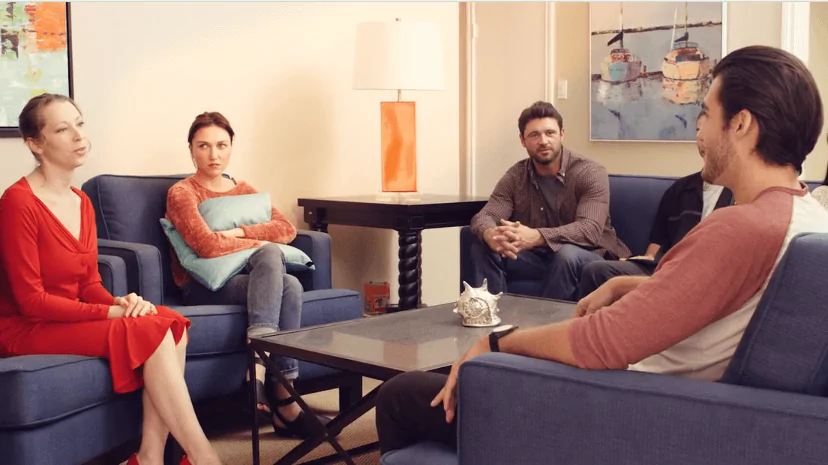24/7 Helpline:
(866) 899-221924/7 Helpline:
(866) 899-2219
Learn more about Medication-assisted Treatment centers in Barbour County

Other Insurance Options

EmblemHealth

Covered California

WellCare Health Plans

Horizon Healthcare Service

Excellus

Optima

Regence

Access to Recovery (ATR) Voucher

Amerigroup

Self-pay options

CareFirst

Absolute Total Care

BlueShield

Anthem

Lucent

Molina Healthcare

CareSource

Ambetter

Health Partners

State Farm

Appalachian Community Health Center
Appalachian Community Health Center is a private rehab located in Belington, West Virginia. Appalach...




















































































































